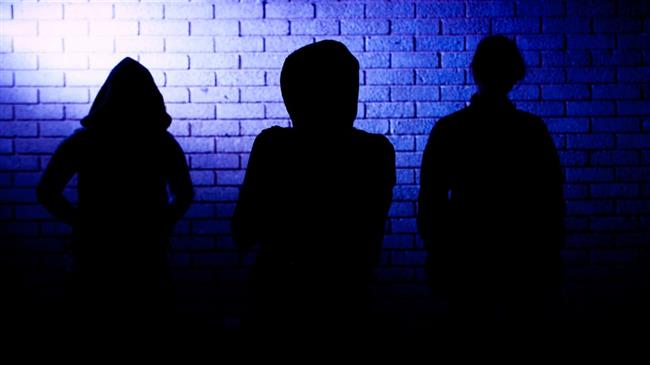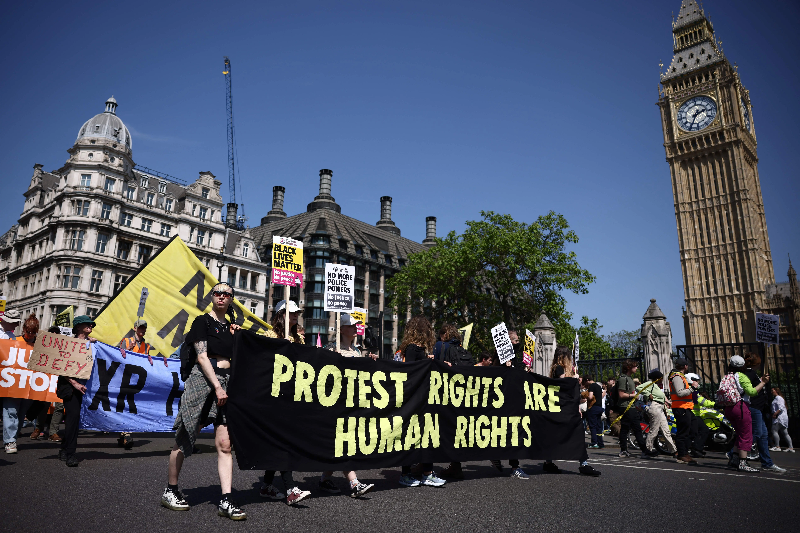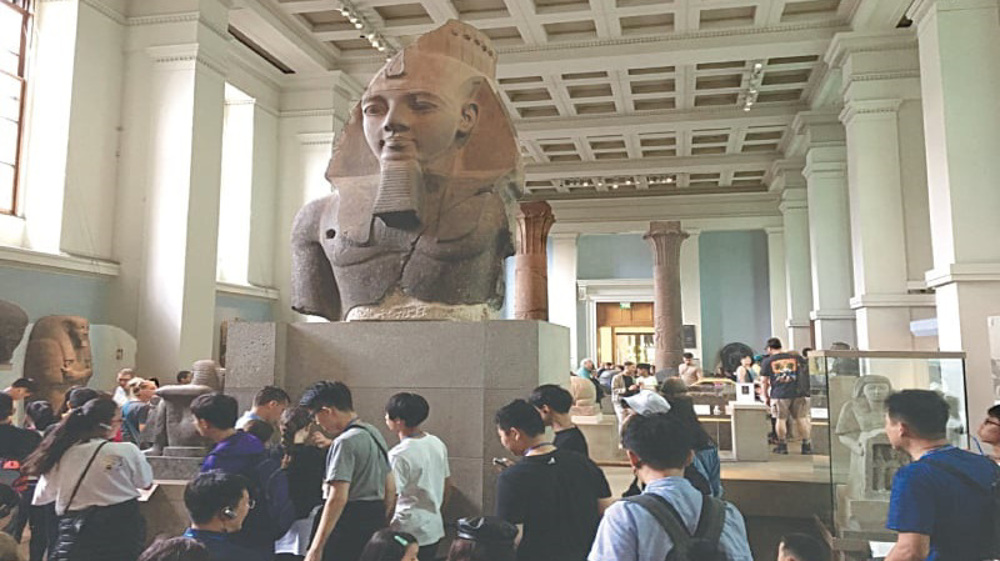UK using child spies in police and intelligence operations: Report
British police and intelligence agencies are using children as spies in covert operations against terrorists, gangs and drug dealers, a new UK parliamentary report has revealed.
Some of the minors tasked with gathering intelligence are under 16, the report published last week by a House of Lords review committee said.
The report also warned about the UK government’s plan to give law enforcement bodies even more freedom over their use of children.
“We are concerned that enabling a young person to participate in covert activity associated with serious crime for an extended period of time may increase the risks to their mental and physical welfare,” said the committee, chaired by David Trefgarne, the second longest serving member in the UK Parliament’s upper house.
Home Office correspondence with the committee, published in the report, suggests children are not only used to furnish the police with information, but are also assigned to collect information on behalf of agencies.
The report does not specify how many people under 18 have been deployed as a covert human intelligence source (CHIS).
Britain’s Home Office, the ministry responsible for law and order within the UK, said covert operatives under 18 may have unique access to information, particularly with criminal gangs, but are used "in very small numbers."
"Given that young people are increasingly involved, both as perpetrators and victims, in serious crimes including terrorism, gang violence, county lines drugs offenses and child sexual exploitation, there is increasing scope for juvenile CHIS to assist in both preventing and prosecuting such offenses," Ben Wallace, a Home Office official, said in response to a request for clarifications from the committee.
Rights Watch UK, a charity focused on national security measures, said Thursday it was "gravely concerned" by the proposals and the broader use of children as spies.
"Under domestic and international law, decisions which affect children must be taken in their best interests. Their welfare must be the primary consideration. It is difficult to imagine any circumstance where it would be in a child's best interest to be used as an informant," the group said.
Rubio warns US envoys against undermining Trump’s pressure campaign targeting Iran: Report
Iran, Qatar stress continuation of diplomacy towards preserving regional peace, stability
Majority of Americans support Palestinian state as Israel backing declines sharply: Poll
New Israeli strikes kill more Palestinians across Gaza in 'serious violation' of ceasefire
Maliki urges respect for Iraq's sovereignty in meeting with Trump's special envoy
Iran urges restraint, immediate ceasefire as Afghanistan–Pakistan fighting escalates
VIDEO | Press TV's news headlines
VIDEO | Kabul residents call for calm as tensions escalate with Pakistan











 This makes it easy to access the Press TV website
This makes it easy to access the Press TV website